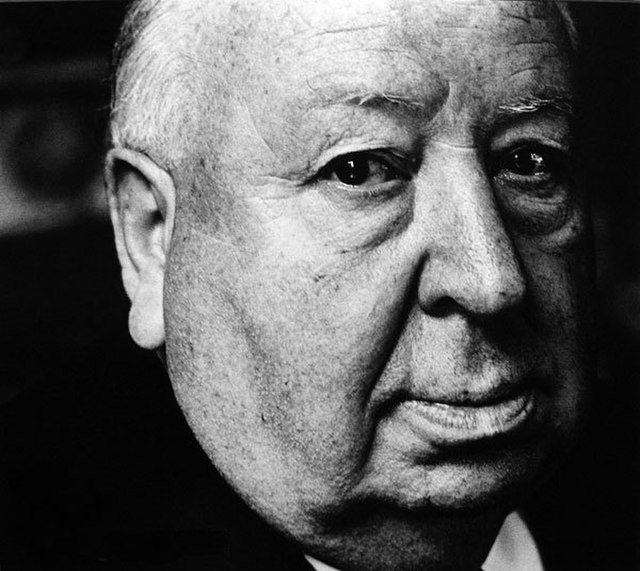Revival of ‘Frenzy’ Offers Chance To Catch Glimpses of Hitchcock’s Late-Stage Greatness
François Truffaut spoke of ‘Frenzy’ in baking terms, likening the picture to a cake crafted by a gastronome who had the energy of a ‘boy.’ Maybe it was that Hitchcock got his first opportunity to flaunt an ‘R’ rating.

‘Alfred Hitchcock’s “Frenzy”’
Film Forum
August 23-29
Alfred Hitchock’s “Frenzy” (1972), a picture that will be undergoing a one-week revival at Film Forum beginning August 23, was the director’s penultimate film and the first he made in his native Britain since 1950. Was it his last great movie?
After “Marnie” (1964), “Torn Curtain” (1966), and “Topaz” (1969) — fizzlers, all — Hitch’s seamy tale of mania, marriage, and murder was heralded as a return to form. François Truffaut spoke of “Frenzy” in baking terms, likening the picture to a cake crafted by a gastronome who had the energy of a “boy.” Maybe it was that Hitchcock got his first opportunity to flaunt an “R” rating. There’s nothing as invigorating for a boy, particularly a boy as peculiar as this one, as being able to indulge his taste for misbehavior.
“Frenzy” is Hitchcock’s coldest and cruelest film, attributes underlined and exacerbated by the use of language and, especially, nudity. Eroticism had long been an integral component of his films, but the strictures of mainstream filmmaking strong-armed Hitchcock into finding allusive means by which to explore his fascinations. The naked flesh we see in “Frenzy” — rendered a cottony, clammy pink by cinematographers Gilbert Taylor and Leonard J. South — is unseemly, but also upsetting. Hitchcock, we’re inclined to think, was more inventive than that.
The scene in which Bob Rusk (a crass and convincing Barry Foster) taunts, rapes, and strangles Brenda Blaney (Barbara Leigh-Hunt) is hard to take for obvious reasons, not least its egregious theatricality. Artistic style shouldn’t quell outrage or stifle empathy — quite the opposite — but it should offer the requisite distance to register and contemplate what meets the eye. As it is, this scene is as much about the director’s ability to indulge his ugliest whims as it is about narrative and character.

Another assault and murder occurs later in “Frenzy.” Fault it all you like for being contrived, but its cinematic know-how allows the audience’s imagination to be fully engaged. After inviting another young woman to his flat, the murderous Rusk — or, as he’s fond of saying, “Bob’s your uncle” — gets down to work. This time, Hitchcock has the camera move away from the villainy, exiting the apartment, backing down the stairs, and traveling into the street. Here Truffaut’s “boy” flaunts his smarts in a manner that is oh, so coy, and no less effective because of it.
“Frenzy” is typical of the director in its plot and machinations: A man gets caught in circumstances that are not of his own devising. The tweak here is that Richard Blaney (Jon Finch, ragged at the edges) isn’t an empathetic man — he’s prone to fits of pique — and is tangentially involved with the players in a recent set of murders. Hitchcock lets us know soon enough that Rusk is the man responsible for a series of “necktie murders.” It is Blaney, alas, that is jailed as the killer.
The picture is marked by the director’s sense of humor, which, let’s remember, encompasses not only the ghoulish but the farcical. A subplot involving Chief Inspector Timothy Oxford (Alec McKowen) and his cuisine-adventurous wife (Vivien Merchant in a terrifically dowdy performance) is, as a comedy of manners, proudly middle-brow.
Fans of black comedy will want to attend to the scene in which Rusk attempts to retrieve an incriminating piece of evidence from the back of a potato truck: The grisly and the hilarious are meted out with nary a slip of light between them.
In the end, “Frenzy” is as garish as its color palette, and weirdly torsioned in its proportions. The story galumphs along its cheeky way to a denouement that is desperately contrived. Hitchock’s last great movie falls short of the mark, but even within its limitations, greatness can be gleaned.

